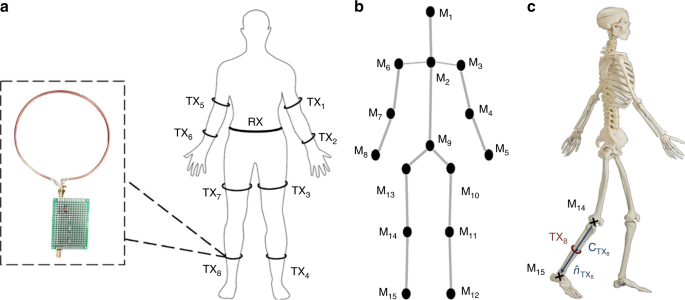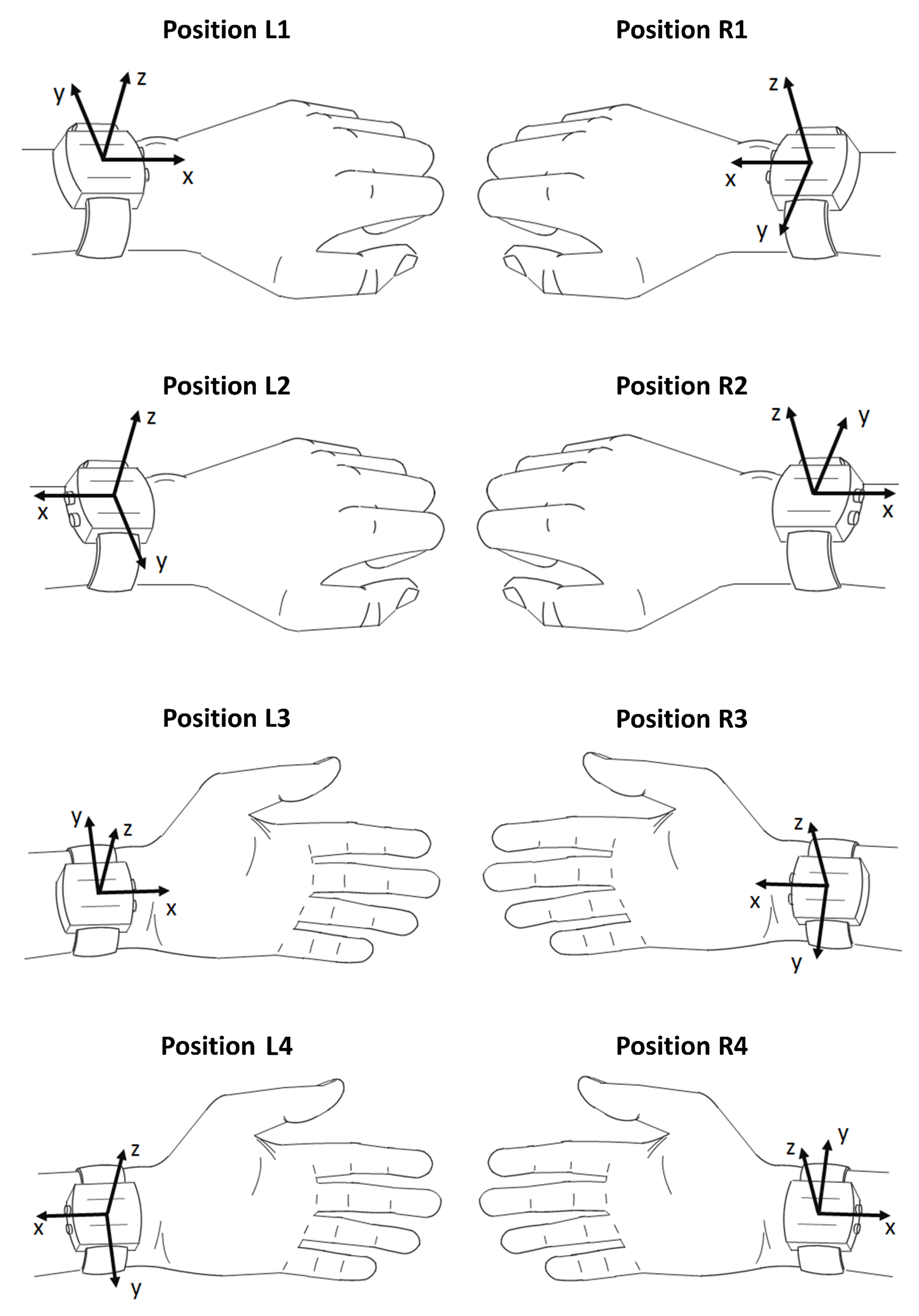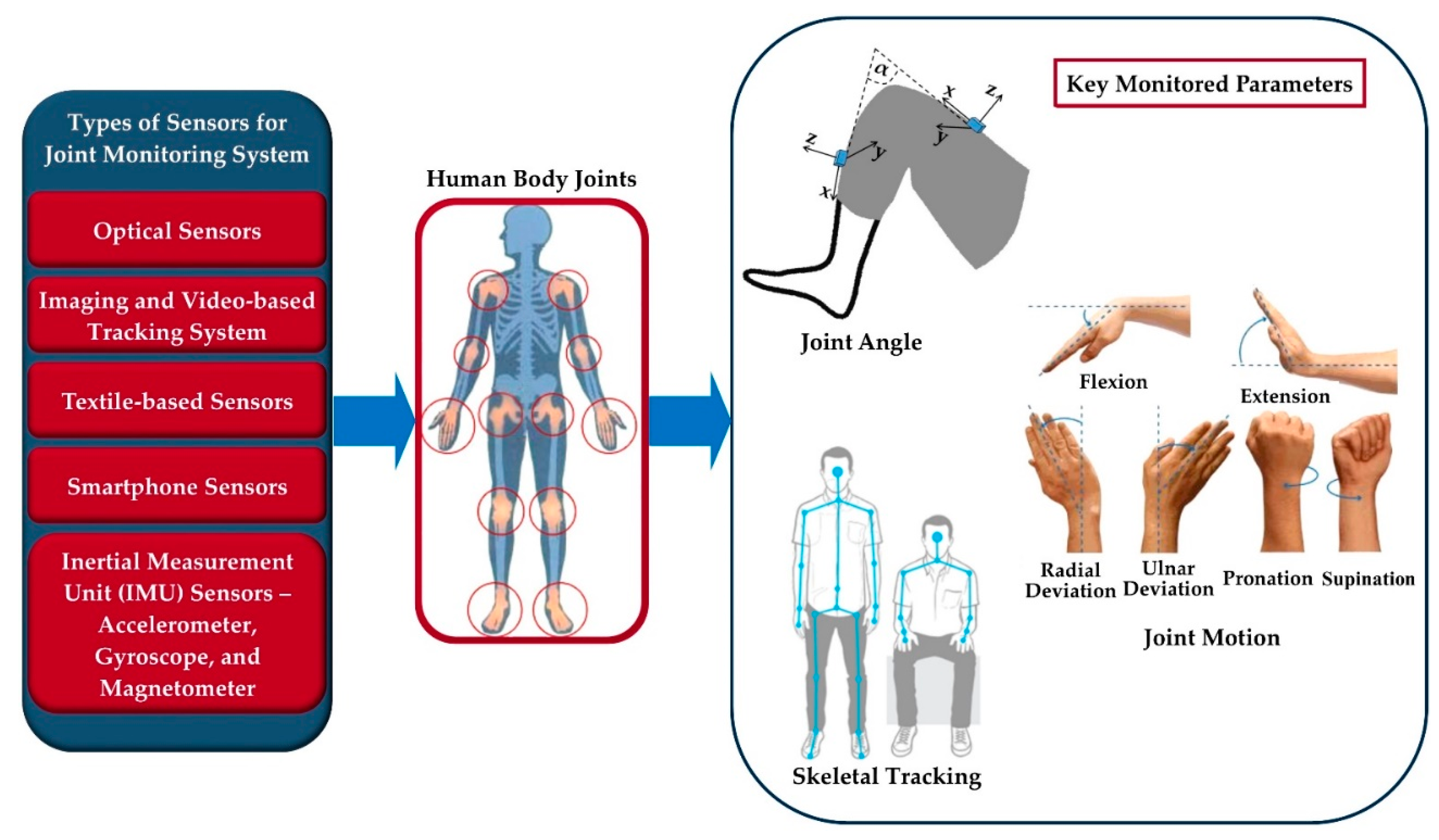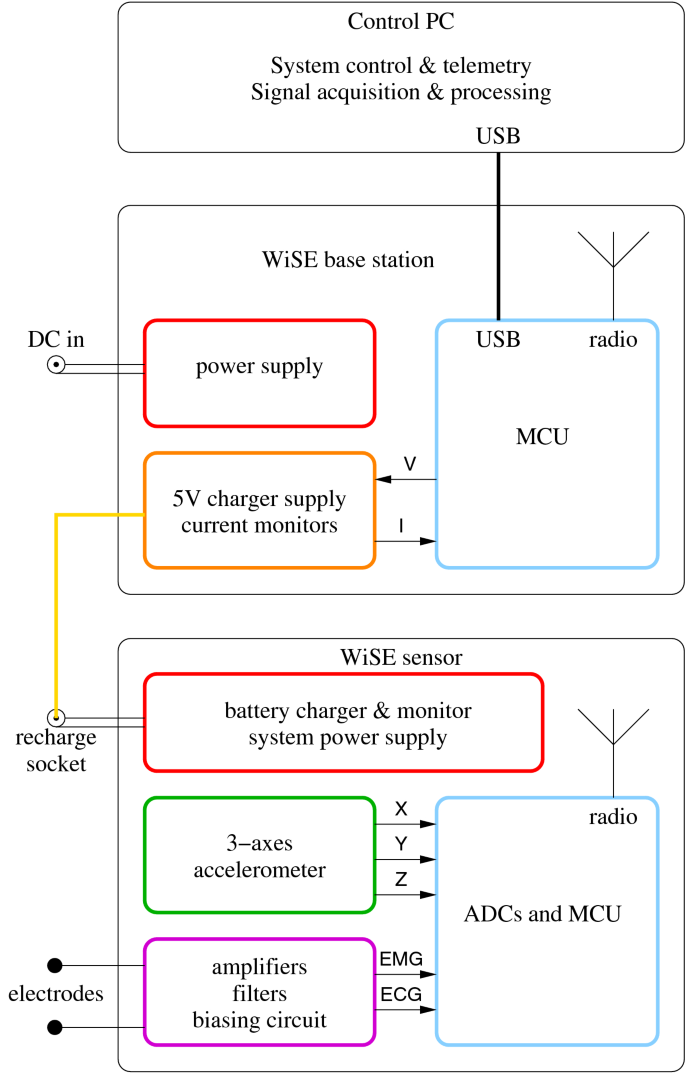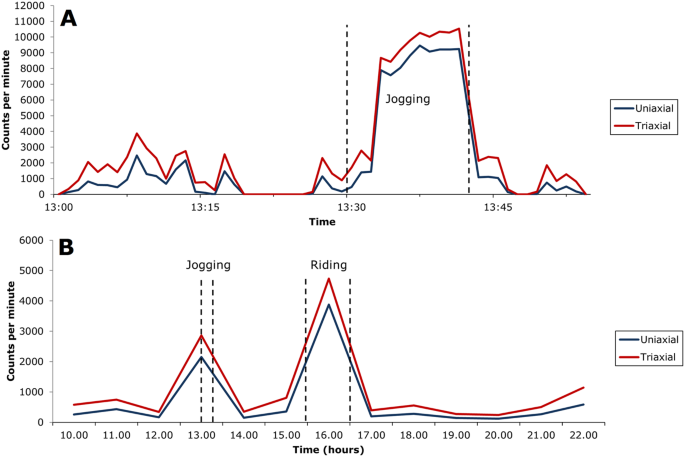Accelerometry a technique for the measurement of human body movements j biomech. Odonovan kj kamnik r okeeffe dt lyons gm.

Accelerometry A Technique For Quantifying Movement Patterns
Accelerometry a technique for the measurement of human body movements. Showing that the wearable device hereby presented permits the 3 d reconstruction of the movement of the body segment to which it is affixed for time limited. Accelerometrya technique for the measurement of human body movements. Morris nuffield department of orthopaedic surgery university of oxford and department of engineering science university of oxford abstract a summary of the indications for new systems of measurement is given with par ticular. To advance the measurement technique in this area better adaptive filtering techniques and measurement procedures are needed. Printed in great britain accelerometry a technique for the measurement of human body movements j. An inertial and magnetic sensor based technique for joint angle measurement.
Direct measurement of human movement by accelerometry article literature review pdf available in medical engineering physics 30101364 86 january 2009 with 8434 reads. 1 compare different adaptive filtering techniques used for sensor fusion of data from inertial motion sensors and 2 evaluate how the precision and accuracy of a chosen adaptive filter varies when used for studying different. An appendix shows how the signals from six accelerometers may be used to define completely the movement of a body in space. R 1973 accelerometry a technique for the measurement of human body movements j. This paper identifies the minimum number of accelerometers necessary to measure rigid body acceleration. The paper concludes that improved transducers will allow this method to be extended to the study of the movement of other parts of the body.
Discussion on measurement of angular acceleration of a rigid body using linear accelerometers. A study of the movement of the shank or lower leg using accelerometers is reported. Accelerometrya technique for the measurement of human body movements j. Thus the aims of this study were to. Results obtained comparing the trajectories of the two methods showed that the errors were lower than 3 ih p and 2 deg during a 4s of acquisition and lower than 6 ih q and 02 deg during the effective duration of a locomotory task.






